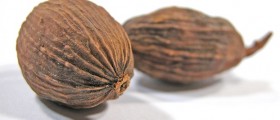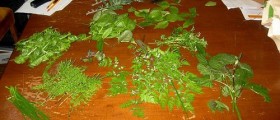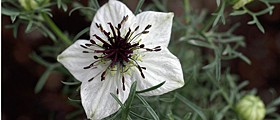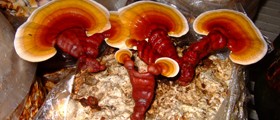
Information on Hyssop
Hyssop is a perennial herb which is very popular because it provides the human body with many kinds of health benefits and it can be used very successfully for both culinary and medicinal purposes. It comes from the family of mints which is botanically referred to as Lamiaceae and it originates from the Mediterranean regions and countries. It has very stiff and slender stem which can grow up to 3 feet in height and it carries pointed, narrow, hairless leaves which can grow up to 2 inches in length. It is also characterized by purple blue tubular flowers which commonly bloom from July until October. The flowers are usually in the form of clusters. The hyssop plant requires a well drained soil and plenty of sunlight in order to grow properly. It has a very aromatic smell because it contains different types of volatile and aromatic oils in its stems, leaves and flowers.
Medicinal Uses of Hyssop
Hyssop has been used for many kinds of medicinal purposes for many centuries. The most commonly used subspecies of the hyssop herb is known by its botanical name of hyssopus officinalis. It is widely used for the production of a volatile oil which is known for its powerful stimulative, sudorific and carminative properties. The hyssop herb is an excellent source of several different sorts of highly beneficial chemical compounds such as pinocamphone, alpha terpinene, isocamphone, beta pinene, camphene and alpha pinene. Hyssop is very efficient in the prevention and treatment of various medical conditions such as common cold, sore throat, chronic cough, fever, hoarseness in the voice and several other disorders which commonly affect the upper and lower respiratory tract. Hyssop tea can be mixed in with honey in order to provide very potent expectorant properties which come in very handy when it comes to loosening the accumulated phlegm and expelling it out. In order to prepare a hyssop herbal tea, one should boil some dried flowers or leaves in the water, steep it and strain it afterwards. Honey can be used for a sweeter and richer taste. Hyssop can also be of great help in the treatment of wounds, acute abdominal pain, cuts, gas, skin irritations, abdominal bloating, burns, loss of appetite, frostbites, urinary tract inflammations and asthma.
Culinary and Other Uses of Hyssop
Hyssop can be used as a seasoning for vegetable dishes, preserve, soups, pickles, sauces and casseroles. It is also often used in the production of fragrance perfumes, cosmetics and soaps.

















Your thoughts on this
Loading...